Home>Garden Essentials>What Is Better For Landscaping: Rock Or Mulch
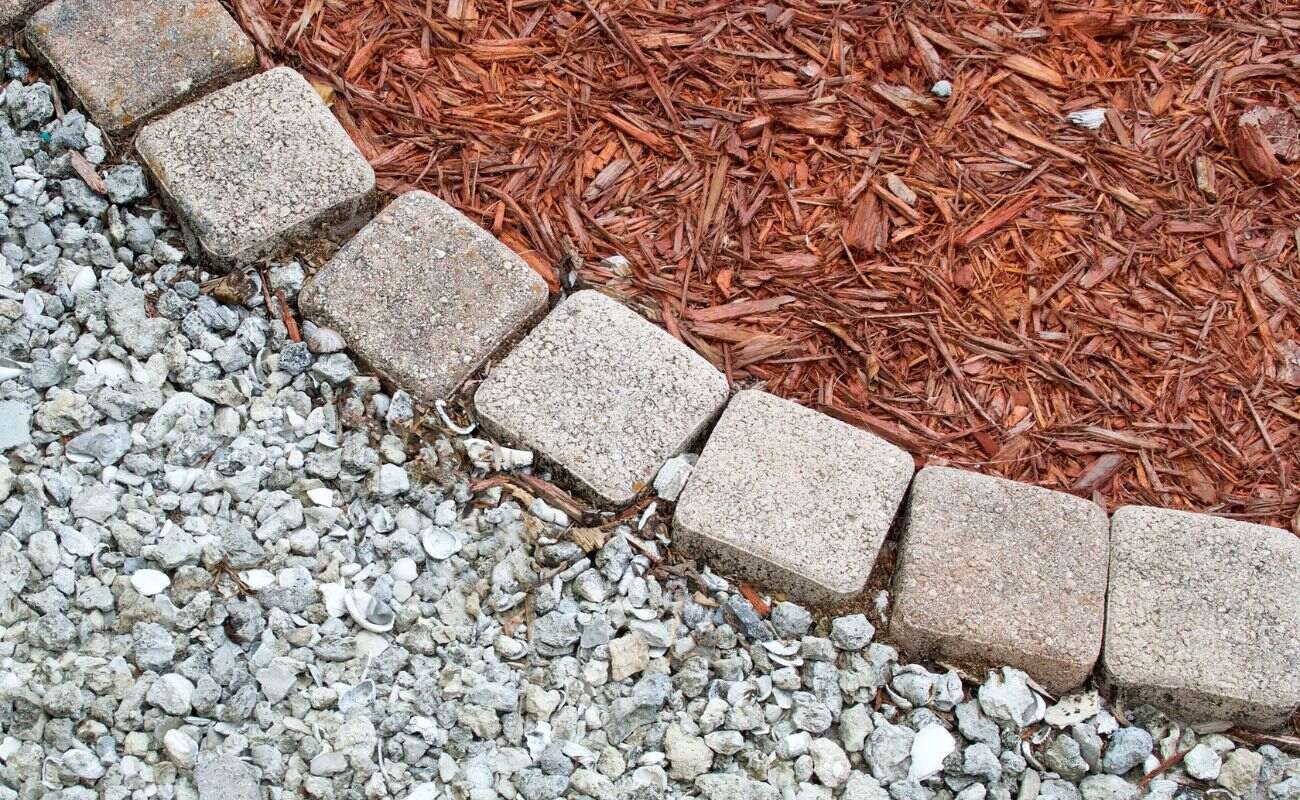

Garden Essentials
What Is Better For Landscaping: Rock Or Mulch
Modified: October 20, 2024
Discover the best choice for your garden landscaping - rock or mulch. Explore the pros and cons of each option to create a beautiful and low-maintenance outdoor space.
(Many of the links in this article redirect to a specific reviewed product. Your purchase of these products through affiliate links helps to generate commission for Storables.com, at no extra cost. Learn more)
Introduction
Welcome to the world of landscaping, where every decision you make has the potential to transform your outdoor space into a stunning retreat. One of the key choices you will have to make is whether to use rock or mulch as a ground cover for your garden. Both options have their merits, and understanding the benefits of each can help you make an informed decision.
When it comes to creating a visually striking landscape, rock and mulch serve different purposes. Rock offers a natural and rugged look, while mulch provides a softer and more organic feel. Understanding the benefits of both options will help you determine which one is better suited for your specific landscaping needs.
In this article, we will explore the advantages of using rock and mulch for landscaping, as well as the factors you need to consider before making your choice. We will also delve into the cost, maintenance, and environmental impact of each option, so you can make an educated decision that aligns with your budget and sustainability goals.
So, whether you are looking to create a low-maintenance oasis or a vibrant garden bursting with life, read on to discover the pros and cons of rock and mulch for landscaping, and find the perfect fit for your outdoor haven.
Key Takeaways:
- Rock offers low maintenance, durability, and water conservation, making it ideal for a visually striking and long-lasting landscape design.
- Mulch provides moisture retention, weed control, soil enrichment, and erosion prevention, offering a sustainable and organic feel to your garden.
Read more: How To Mulch Landscaping
Benefits of Rock for Landscaping
Rock can be a fantastic choice for landscaping, offering a range of benefits that can enhance the beauty and functionality of your outdoor space. Here are some key advantages of using rock:
- Low Maintenance: Rock requires minimal upkeep compared to other ground cover options. Once laid, it stays in place and doesn’t need to be replaced or replenished like mulch. It also helps prevent weed growth by inhibiting sunlight and reducing moisture in the soil.
- Durability: Rocks are extremely durable and can withstand harsh weather conditions. They won’t break down or decompose over time, ensuring a long-lasting solution for your landscape design.
- Water Conservation: Rock is an excellent choice for water-conscious gardeners. It helps to retain moisture in the soil by reducing evaporation, meaning you’ll need to water your plants less frequently. This can be especially beneficial in areas where water scarcity is a concern.
- Fire Resistance: If you live in an area prone to wildfires, using rocks in your landscaping can provide an added layer of protection. Rocks are non-combustible and can act as a barrier, slowing down the spread of fire and reducing the risk of damage to your property.
- Visual Appeal: Rock can create a dramatic and eye-catching design element in your garden. With a wide variety of textures, sizes, and colors available, you can choose rocks that complement your overall aesthetic and enhance the beauty of your landscape.
These benefits make rock a popular choice for those seeking a low-maintenance and visually striking landscaping solution. However, it’s important to consider the potential drawbacks and factors to weigh against the advantages of using rock.
Benefits of Mulch for Landscaping
Mulch is a versatile and practical option for landscaping that offers several advantages for your outdoor space. Here are some key benefits of using mulch:
- Moisture Retention: Mulch acts as a natural insulator, helping to retain moisture in the soil. It reduces evaporation, which means you won’t have to water your plants as frequently. This is especially beneficial in hot and dry climates or during periods of drought.
- Weed Control: Mulch forms a barrier on the soil’s surface, suppressing weed growth by blocking sunlight and inhibiting weed germination. This reduces the time and effort needed for manual weed removal, giving you more time to enjoy your garden.
- Soil Enrichment: As organic mulch decomposes, it adds nutrients to the soil, improving its fertility. This creates a healthier environment for your plants, promoting their growth and overall vitality. Organic mulch also encourages beneficial microbial activity in the soil.
- Erosion Prevention: Mulch helps prevent soil erosion by reducing the impact of heavy rainfall or strong winds. It acts as a protective layer, keeping the soil in place and preventing it from washing away. This can be particularly important on sloped areas of your landscape.
- Aesthetic Appeal: Mulch adds a natural and cohesive look to your garden. With a variety of colors and textures available, you can choose mulch that complements the overall design of your landscape and creates a visually pleasing environment.
Mulch offers a range of benefits that contribute to the health and beauty of your garden. However, it’s important to consider certain factors and potential drawbacks before deciding if mulch is the right choice for your landscaping needs.
Factors to Consider: Rock vs. Mulch
When deciding between rock and mulch for your landscaping, there are several factors to consider. Each option offers unique benefits and drawbacks, so it’s important to assess your specific needs and preferences. Here are some key factors to consider when choosing between rock and mulch:
- Aesthetic Preference: Think about your desired overall aesthetic. Rock offers a natural and rugged look, while mulch provides a softer and more organic feel. Consider which option aligns better with your desired landscape design and complements the other elements in your outdoor space.
- Climate and Weather Conditions: Consider the climate and weather conditions in your area. If you live in a hot and dry climate, rock may be a better option as it helps retain moisture in the soil. On the other hand, if you experience heavy rainfall or strong winds, mulch can help prevent soil erosion and promote water absorption.
- Plant Types: Consider the types of plants you have or plan to incorporate into your landscape. Certain plants may thrive better with the moisture-retaining properties of mulch, while others may benefit from the heat-absorbing qualities of rock. Take into account the specific needs and preferences of your plant selection.
- Cost: Evaluate the cost implications of both options. Rock tends to have a higher upfront cost since it is a more durable and long-lasting material. Mulch, on the other hand, needs to be replenished or replaced periodically. Consider your budget and long-term investment when deciding between the two.
- Maintenance: Think about the level of maintenance you are willing to commit to. Rock requires minimal maintenance once it’s in place, while mulch may need periodic refreshing and weed control. Consider the time and effort you are willing to invest in maintaining your landscape.
By considering these factors, you can make an informed decision that aligns with your aesthetic preferences, climate, plant selection, budget, and desired maintenance level. Keep in mind that you can also incorporate a combination of rock and mulch in different areas of your garden to achieve the desired look and functionality.
Consider using a combination of rock and mulch in your landscaping. Rock provides long-lasting coverage and helps with drainage, while mulch adds nutrients to the soil and helps retain moisture. This combination can create a visually appealing and low-maintenance landscape.
Considerations for Cost and Maintenance
As you weigh the pros and cons of using rock or mulch in your landscaping, it’s crucial to consider the cost and maintenance factors associated with each option.
Cost: The cost of rock and mulch can vary depending on factors such as the type and quality of the material, your location, and the amount needed for your landscape. Rock generally has a higher upfront cost, as it is a durable material that can last for many years without needing replacement. Mulch, on the other hand, is typically more affordable initially but requires periodic replenishment.
When considering cost, it’s important to think about the long-term investment. While rock may have a higher upfront cost, it may prove to be more cost-effective in the long run due to its durability and minimal maintenance requirements. Mulch, although initially cheaper, may require more frequent replenishment, adding to the overall cost over time.
Maintenance: Another important consideration is the maintenance required for each option. Rock is known for its low maintenance nature, as it doesn’t need to be replaced or refreshed regularly. It also inhibits weed growth, reducing the time spent on weed control. However, rock may accumulate debris and may require occasional cleaning to maintain its pristine appearance.
Mulch, on the other hand, does require more maintenance. Depending on the type of mulch used, it may need to be refreshed every 1-3 years as it decomposes. Mulch also requires regular attention to prevent weed growth and ensure its effectiveness as a moisture-retaining layer. However, the maintenance involved can be seen as an opportunity to nurture your garden and is often considered a small price to pay for the benefits it provides.
When deciding between rock and mulch, consider your budget and the amount of time and effort you are willing to invest in maintenance. If you prefer a low-maintenance option, rock may be a better fit. However, if you enjoy gardening and are willing to commit to regular upkeep, mulch can be a rewarding choice.
Ultimately, weighing the cost and maintenance factors will help you determine the most suitable option for your landscape, ensuring a beautiful and manageable outdoor space.
Read more: What Is The Best Rock For Landscaping
Environmental Impact of Rock and Mulch
When considering the environmental impact of using rock and mulch in your landscaping, it is important to evaluate factors such as sustainability, water conservation, and ecosystem support.
Sustainability: Rock is a non-renewable resource, which means that once it is mined and used, it cannot be replaced. The extraction and transportation of rock can have environmental consequences, including habitat disruption and carbon emissions. However, rock is extremely durable and long-lasting, which minimizes the need for replacement and reduces its overall impact on the environment.
Mulch, on the other hand, offers more sustainable options. Organic mulch, such as wood chips or bark, is derived from renewable sources and is biodegradable. It breaks down over time, enriching the soil with organic matter and providing long-term benefits to the ecosystem.
Water Conservation: Both rock and mulch have water conservation benefits. Rock helps to retain moisture in the soil by reducing evaporation, which can be especially valuable in arid climates. Mulch acts as a natural insulator, preserving soil moisture and reducing water needs for plants. By using either option, you can promote water conservation in your landscape.
Ecosystem Support: Mulch has an advantage when it comes to supporting the ecosystem. As organic mulch decomposes, it provides nutrients to the soil, enhancing soil health and supporting beneficial microbial activity. Mulch also promotes biodiversity by providing habitat for insects, earthworms, and other beneficial organisms. Additionally, it helps to create a stable environment for plants, protecting their roots from temperature fluctuations and reducing soil erosion.
While rock does not provide the same level of ecosystem support as mulch, it can still be beneficial in certain situations. Large rocks or boulders can create habitat spaces for small animals and provide opportunities for natural landscaping features such as rock gardens.
When deciding between rock and mulch, consider the environmental implications of your choice. If sustainability is a top priority, organic mulch may be the preferable option. However, if you prioritize long-term durability and minimal replacement, rock can be a viable choice.
Ultimately, striking a balance between your landscaping goals and environmental responsibility can help create a harmonious outdoor space that enhances both the beauty of your garden and the health of the ecosystem.
Choosing the Right Option for Your Landscape
When it comes to selecting the ideal ground cover for your landscape, there is no one-size-fits-all solution. The choice between rock and mulch ultimately depends on your specific preferences, budget, climate, maintenance capabilities, and environmental considerations. Here are some steps to help guide you in making the right decision:
- Evaluate Your Needs: Consider your landscaping goals, aesthetic preferences, and the overall design of your outdoor space. Determine whether you want a natural and rugged look with rock or a softer and more organic feel with mulch.
- Assess Climate and Water Needs: Take into account your local climate and weather conditions. If you live in a dry or arid region, rock may be a better choice for water conservation. In areas with heavy rainfall, mulch can help prevent erosion and promote moisture retention.
- Consider Plant Requirements: Think about the types of plants you have or plan to have in your landscape. Some plants may benefit from the moisture-retaining properties of mulch, while others may thrive in the heat-absorbing qualities of rock. Tailor your choice to meet the specific needs of your plant selection.
- Evaluate Budget and Long-Term Investment: Understand the cost implications of rock and mulch. Rock often has a higher upfront cost but requires minimal replacement and maintenance, making it a long-term investment. Mulch is more affordable initially but needs periodic replenishment. Consider your budget and the long-term costs associated with each option.
- Assess Maintenance Capability: Determine your willingness and ability to commit to ongoing maintenance. Rock requires minimal upkeep once installed, while mulch may need occasional refreshing and weed control. Consider the level of maintenance you are comfortable with.
- Weigh Environmental Impact: Deliberate the environmental consequences of your choice. Rocks are non-renewable resources, while organic mulch is more sustainable. Consider the impact on water conservation and ecosystem support offered by each option.
It may also be worth considering a combination of rock and mulch in different areas of your landscape. This can allow you to enjoy the benefits of both materials while creating visual interest and functional zones in your outdoor space.
Ultimately, the right option for your landscape will depend on a careful evaluation of your specific needs, preferences, budget, and environmental concerns. Take the time to weigh these factors and make an informed decision that will result in a beautiful, functional, and sustainable landscape.
Conclusion
Choosing between rock and mulch for your landscaping is not a decision to be taken lightly. Both options offer unique benefits and considerations that can significantly impact the overall look, functionality, and sustainability of your outdoor space.
Rock provides a low-maintenance and durable solution that can add a natural and rugged aesthetic to your landscape. It requires minimal upkeep, conserves water, and can withstand harsh weather conditions. Rock is particularly suitable for those who prefer a long-lasting and visually striking design.
Mulch, on the other hand, offers a softer and more organic feel, with benefits such as moisture retention, weed suppression, soil enrichment, and erosion prevention. While it may require more maintenance and periodic replacement, mulch provides a sustainable option that supports the health of the ecosystem and promotes biodiversity.
When deciding between rock and mulch, consider your aesthetic preferences, the climate in your area, the specific needs of your plants, and your willingness to commit to ongoing maintenance. Additionally, take into account the cost implications and environmental impact of each option.
Ultimately, the right choice for your landscape will depend on finding a balance between your personal preferences and practical considerations. You can even explore the possibility of incorporating a combination of both rock and mulch in different areas of your garden to achieve the desired look and functionality.
Remember, landscaping is an art form, and your outdoor space is your canvas. Make your decision with care, keeping in mind the long-term vision you have for your garden and the impact it will have on the environment.
Whether you choose the rugged beauty of rock or the organic charm of mulch, your landscape will become an oasis that reflects your unique style and provides a haven of natural beauty.
Frequently Asked Questions about What Is Better For Landscaping: Rock Or Mulch
Was this page helpful?
At Storables.com, we guarantee accurate and reliable information. Our content, validated by Expert Board Contributors, is crafted following stringent Editorial Policies. We're committed to providing you with well-researched, expert-backed insights for all your informational needs.
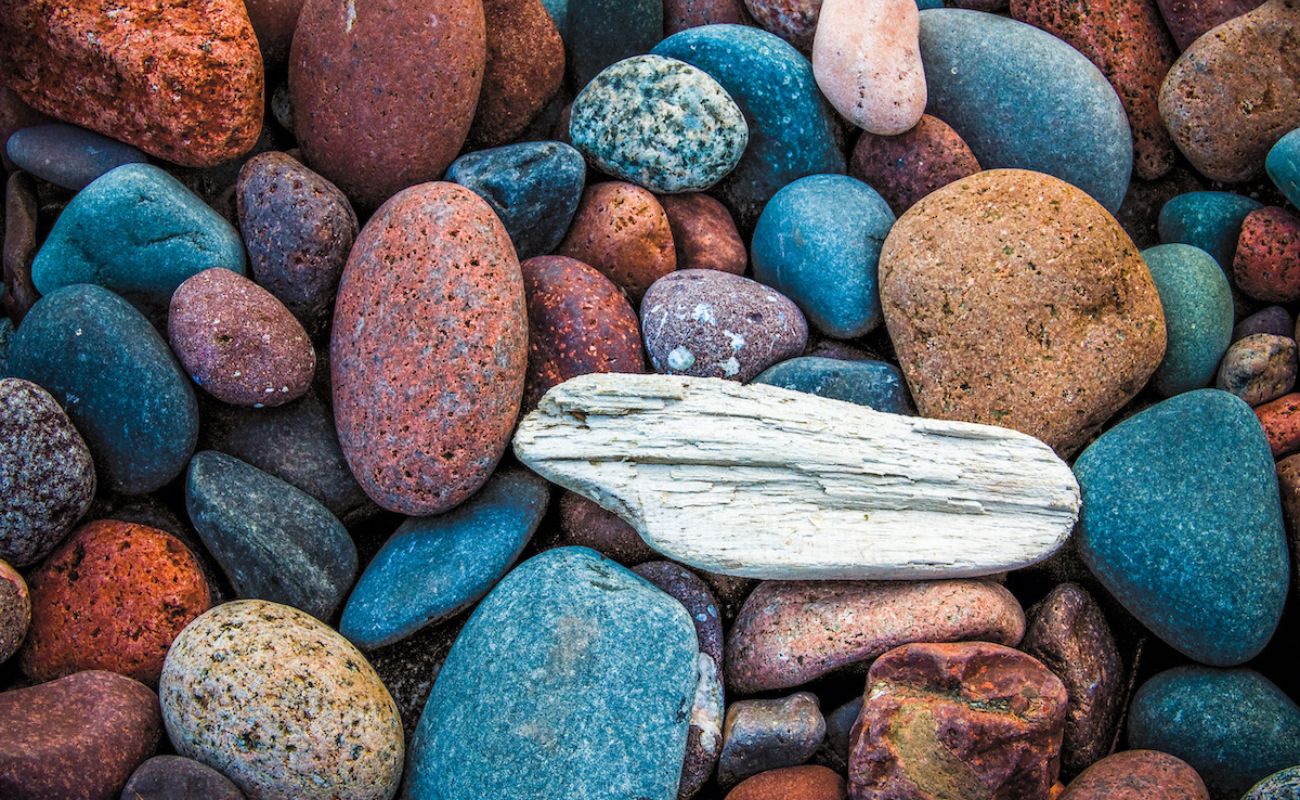
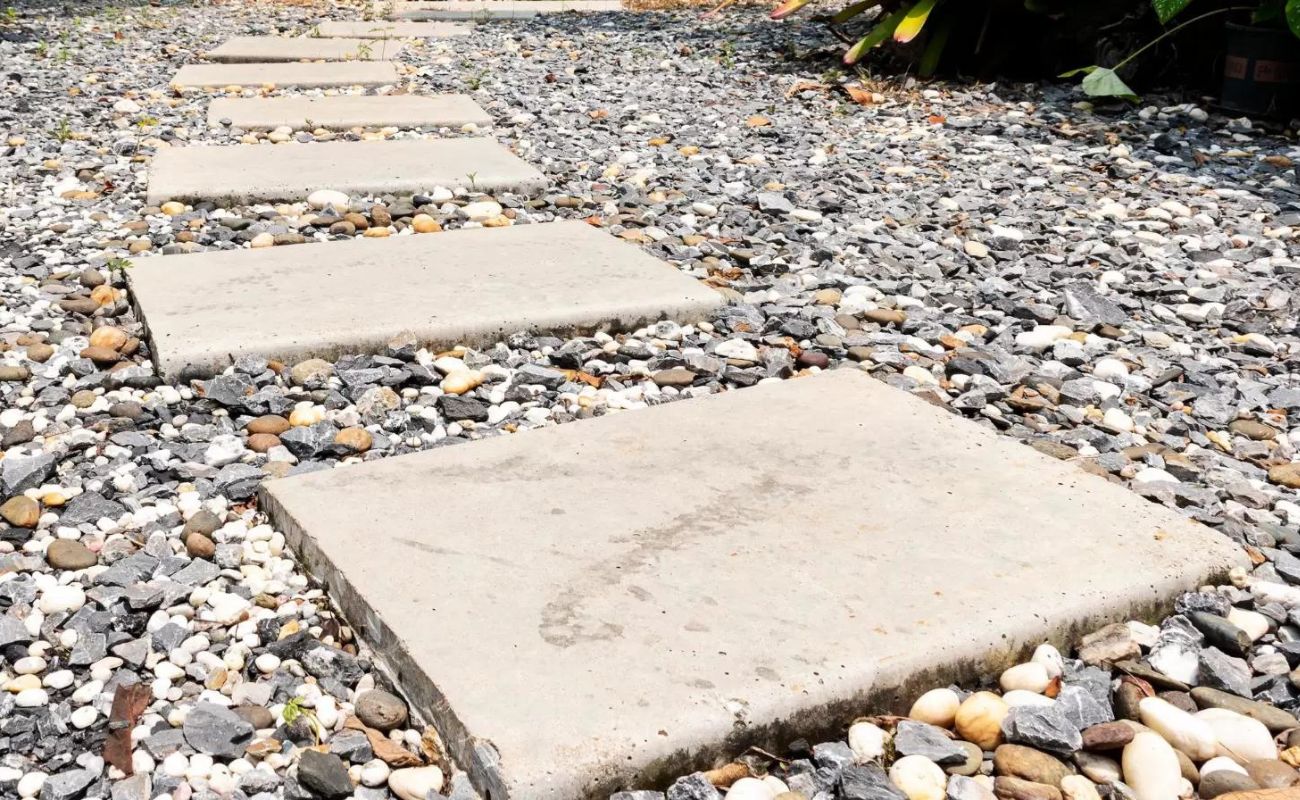
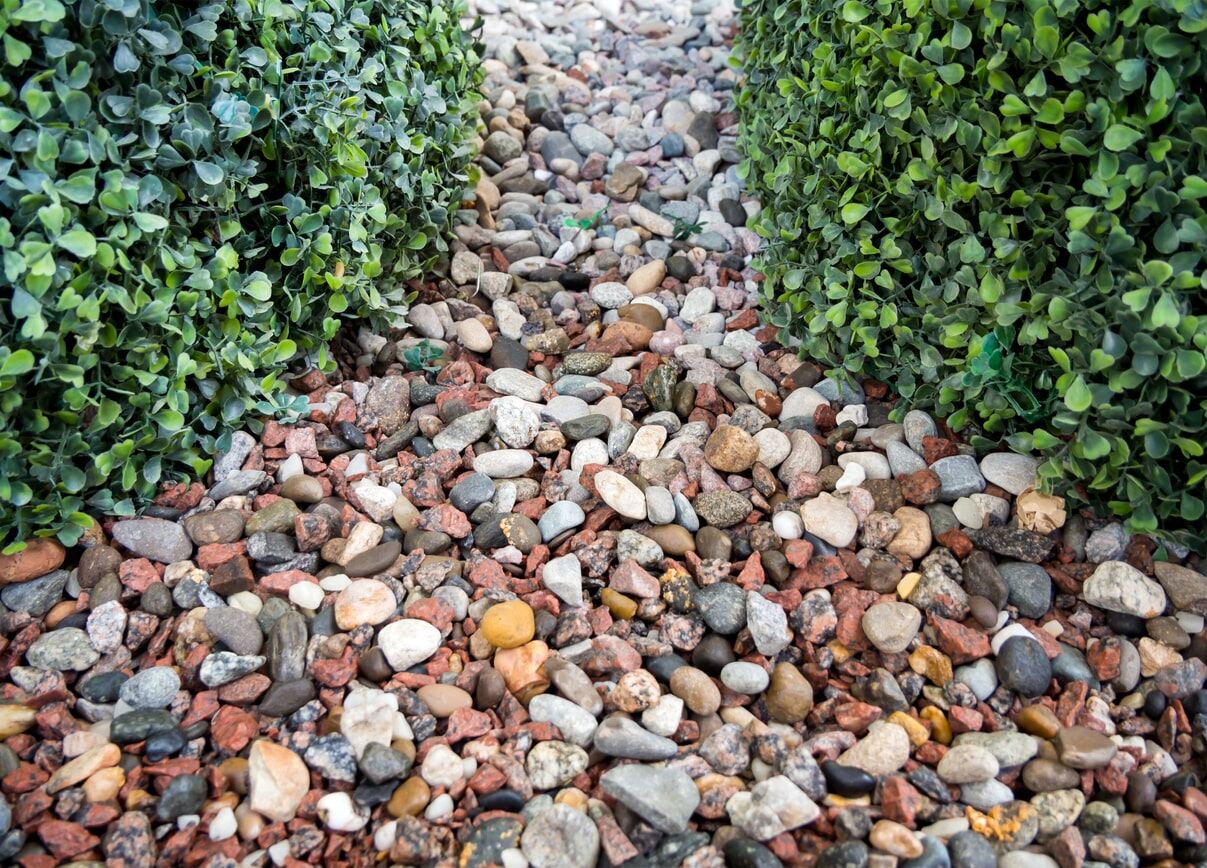

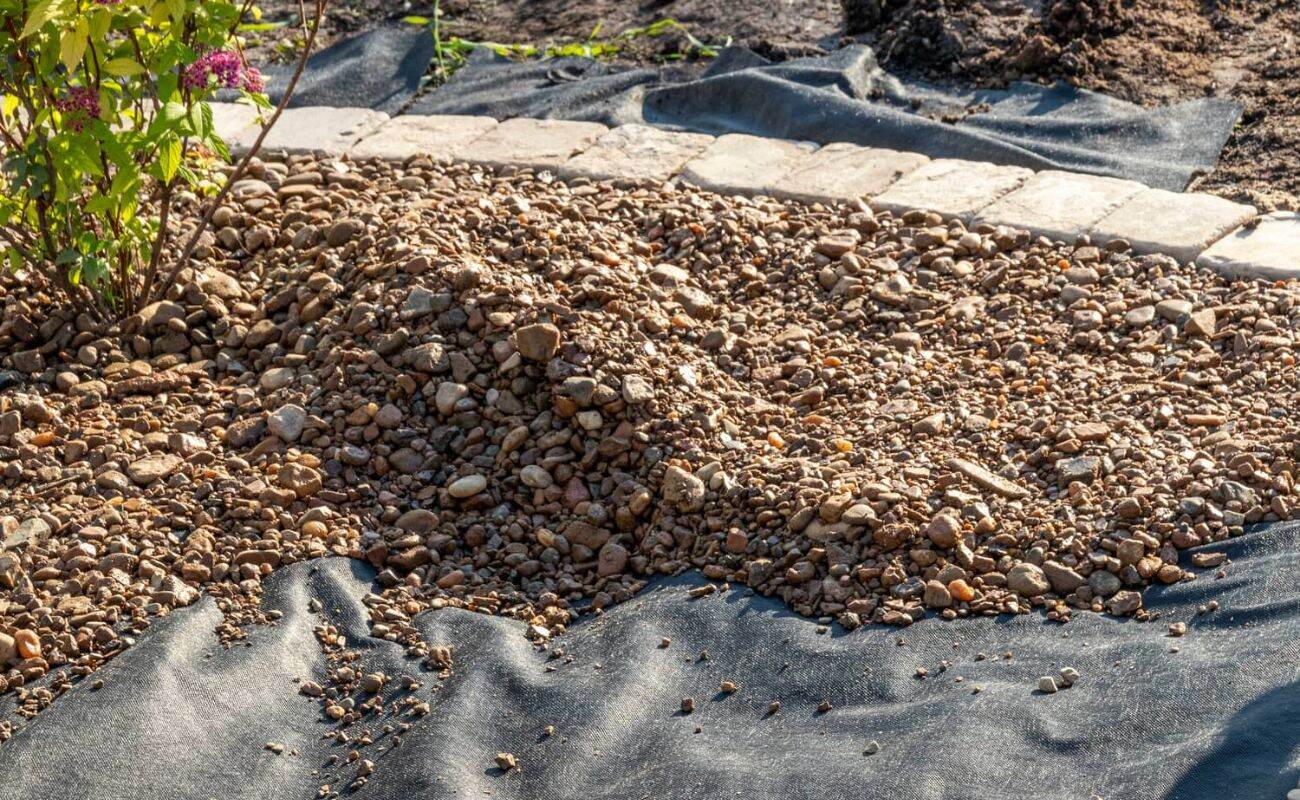
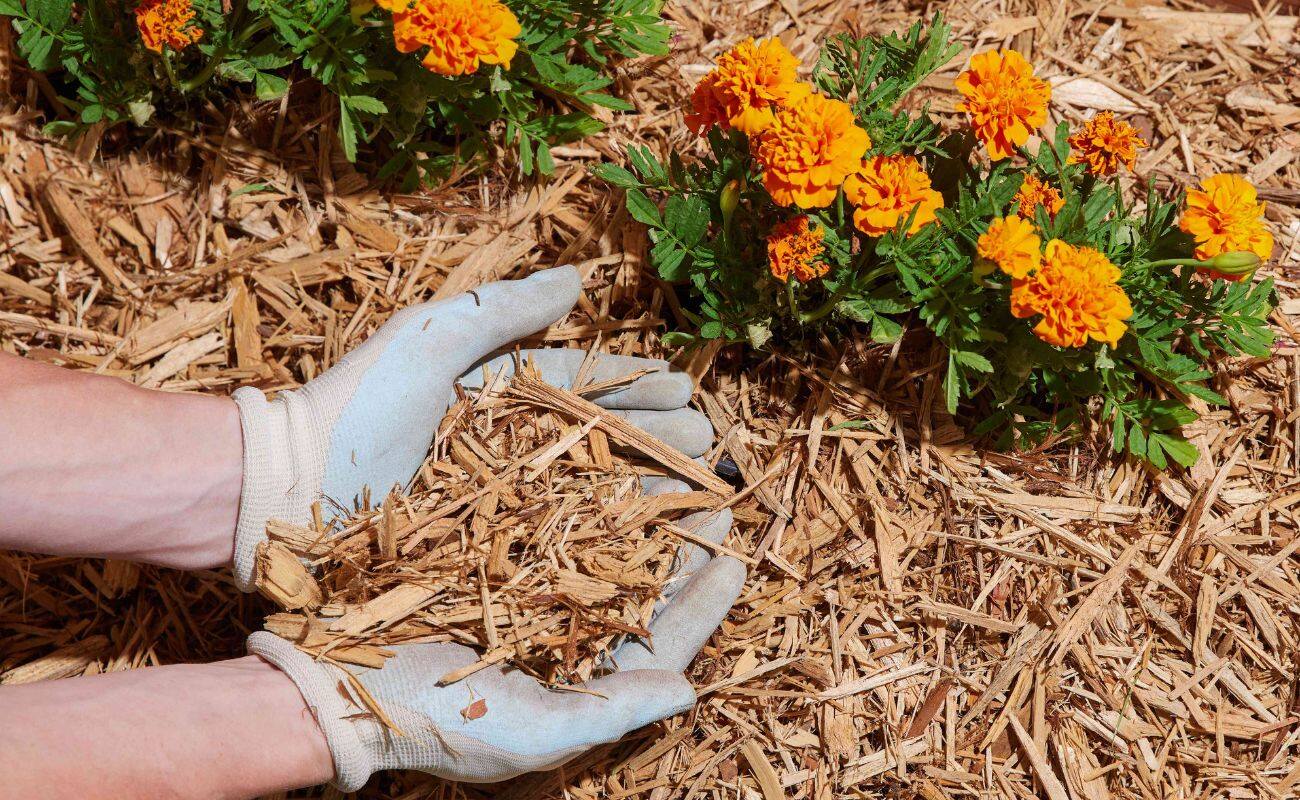
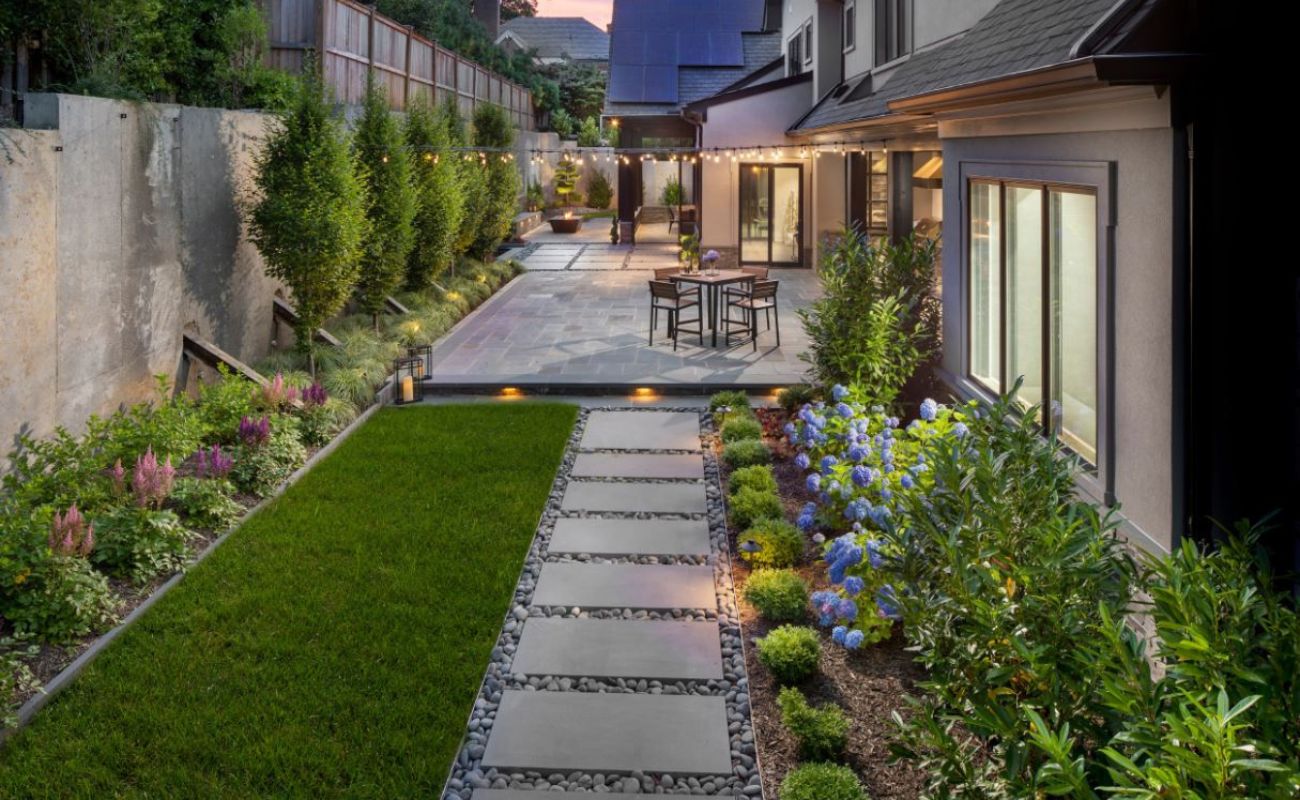
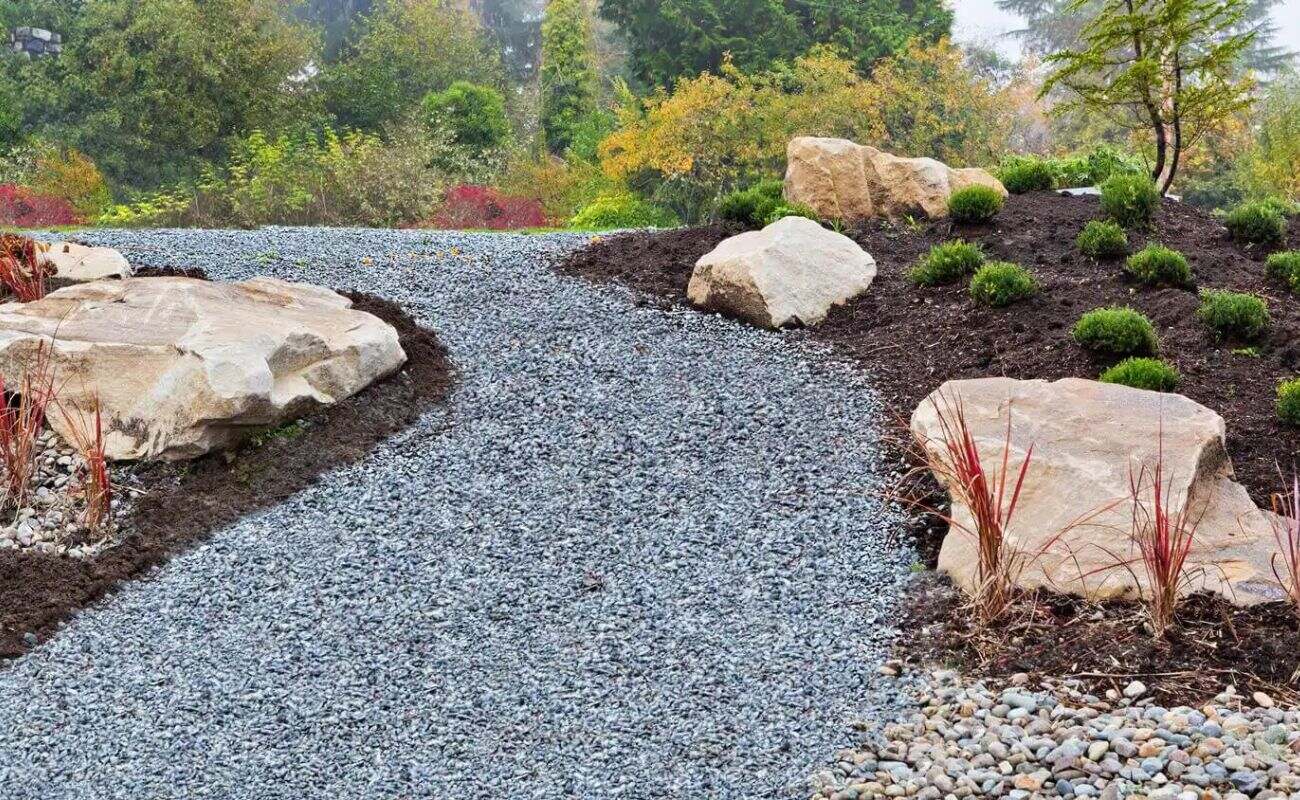
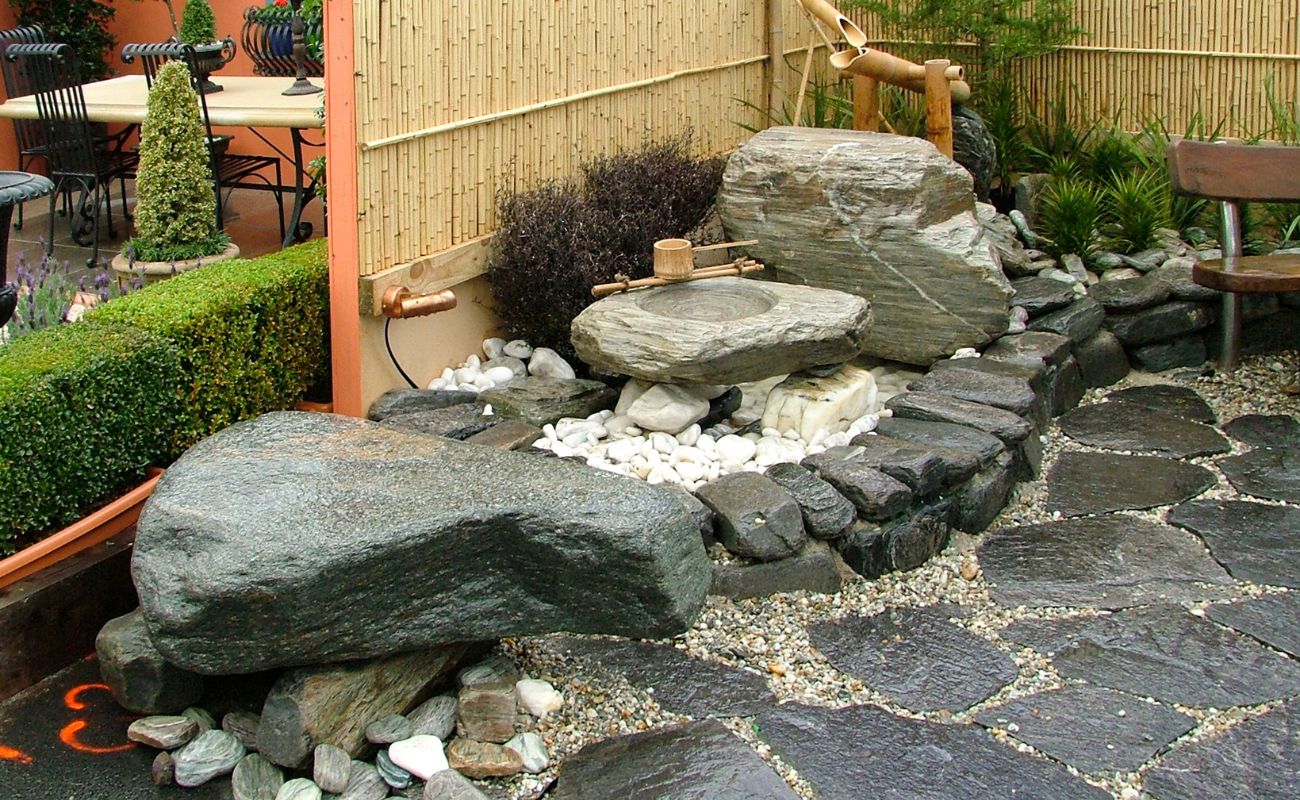
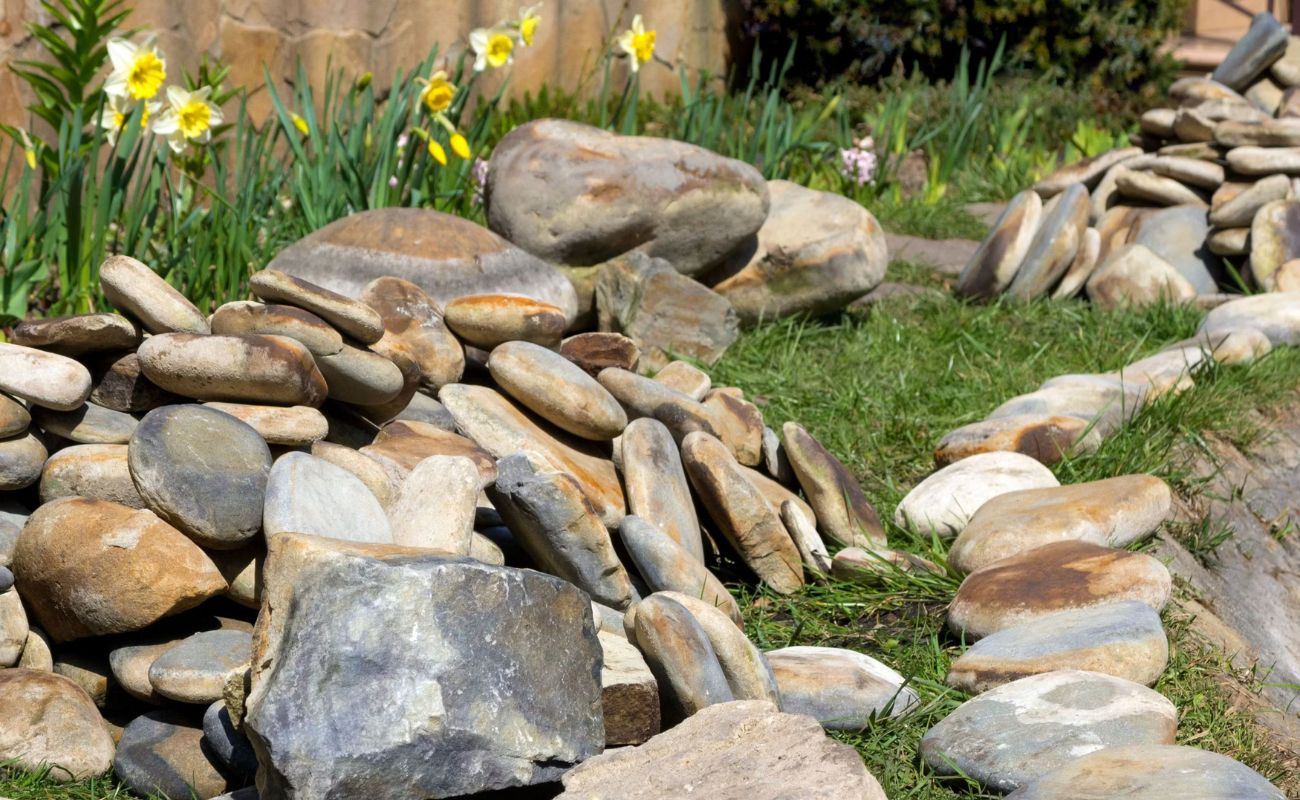
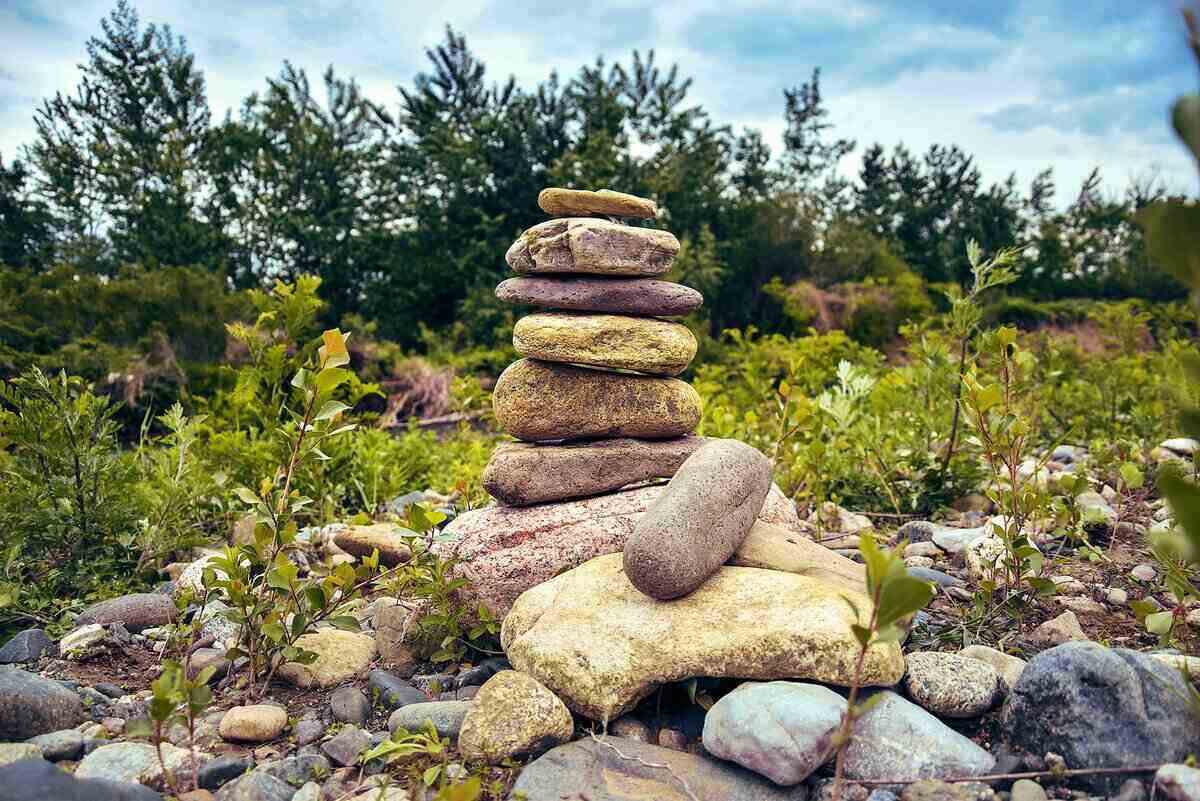
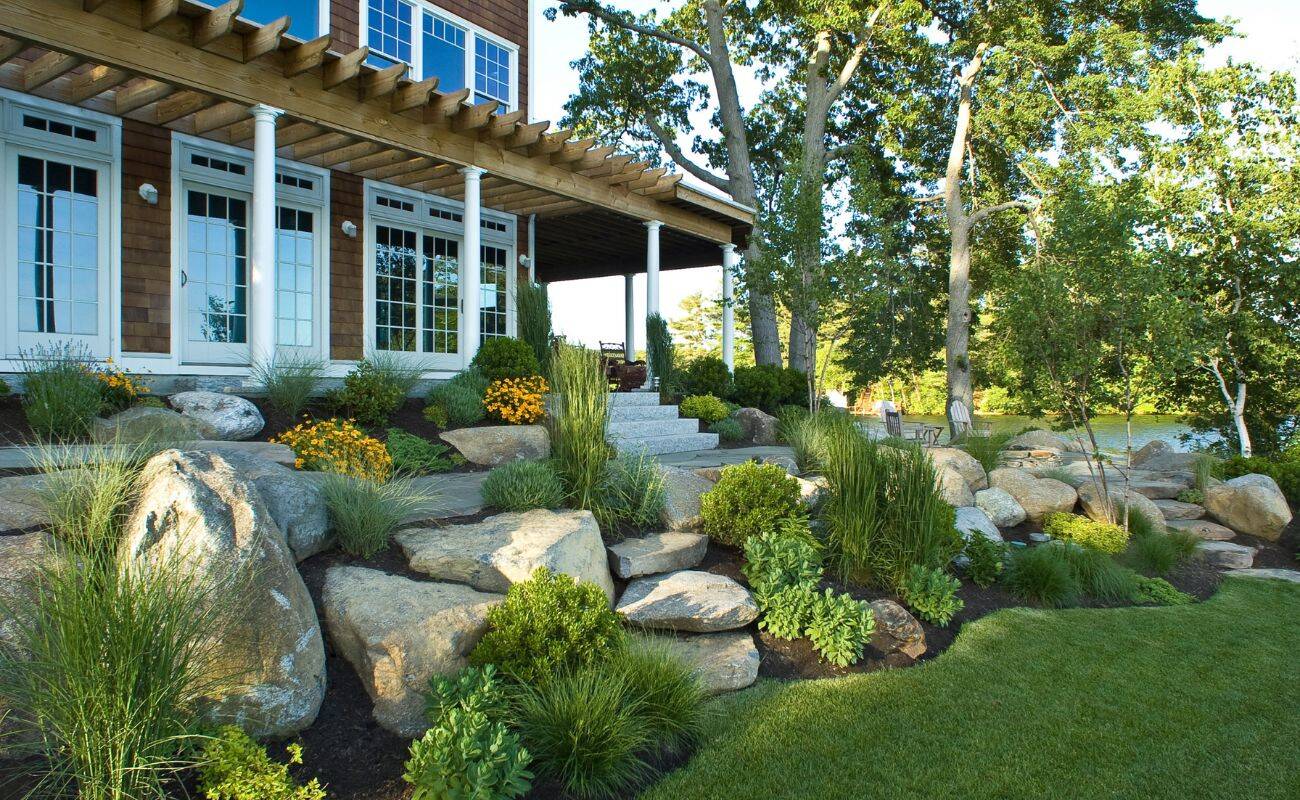
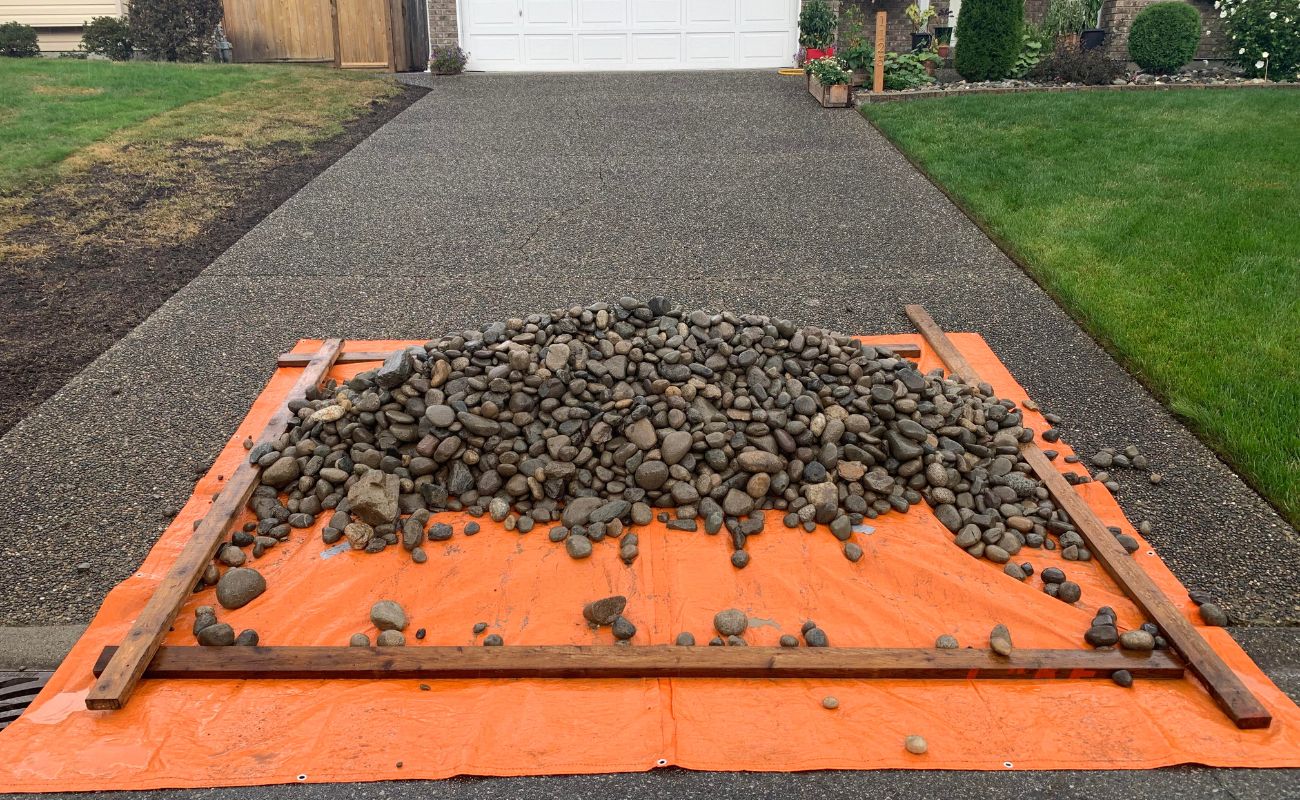
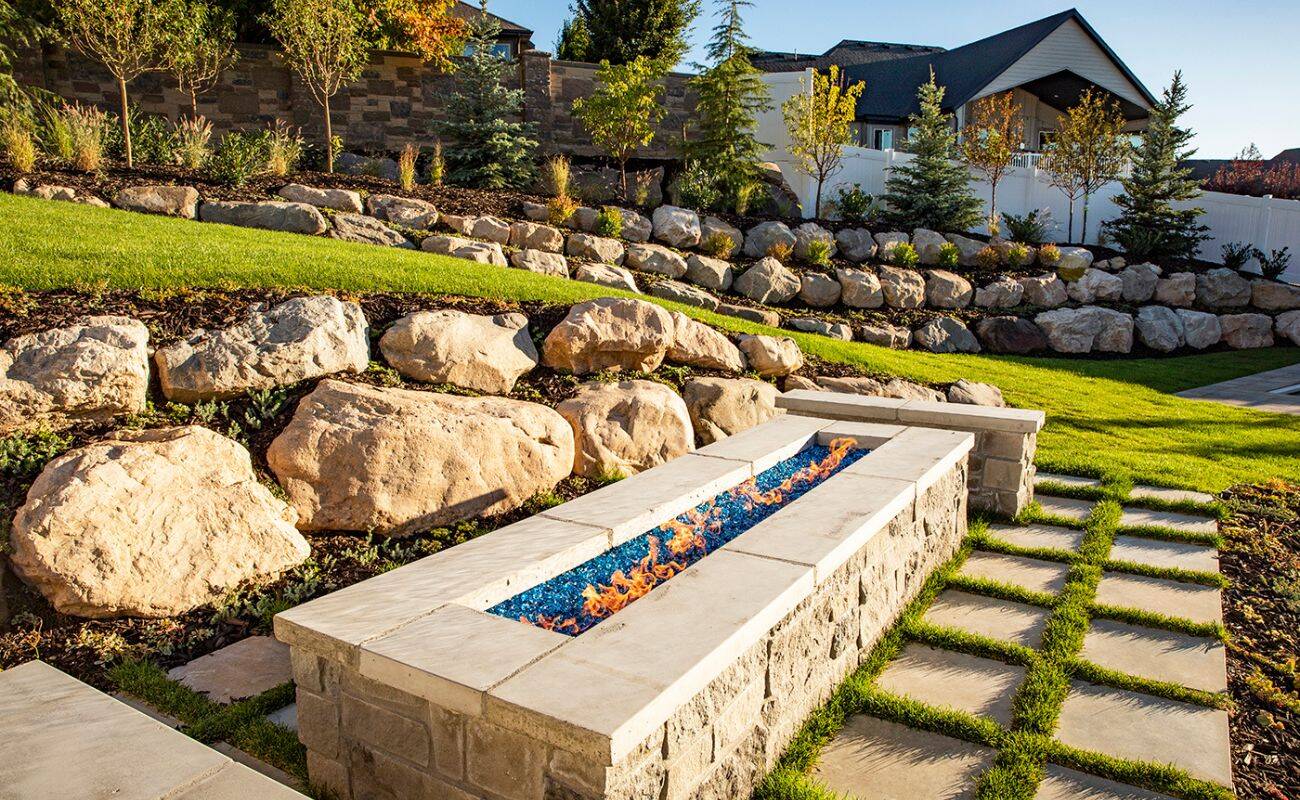

0 thoughts on “What Is Better For Landscaping: Rock Or Mulch”